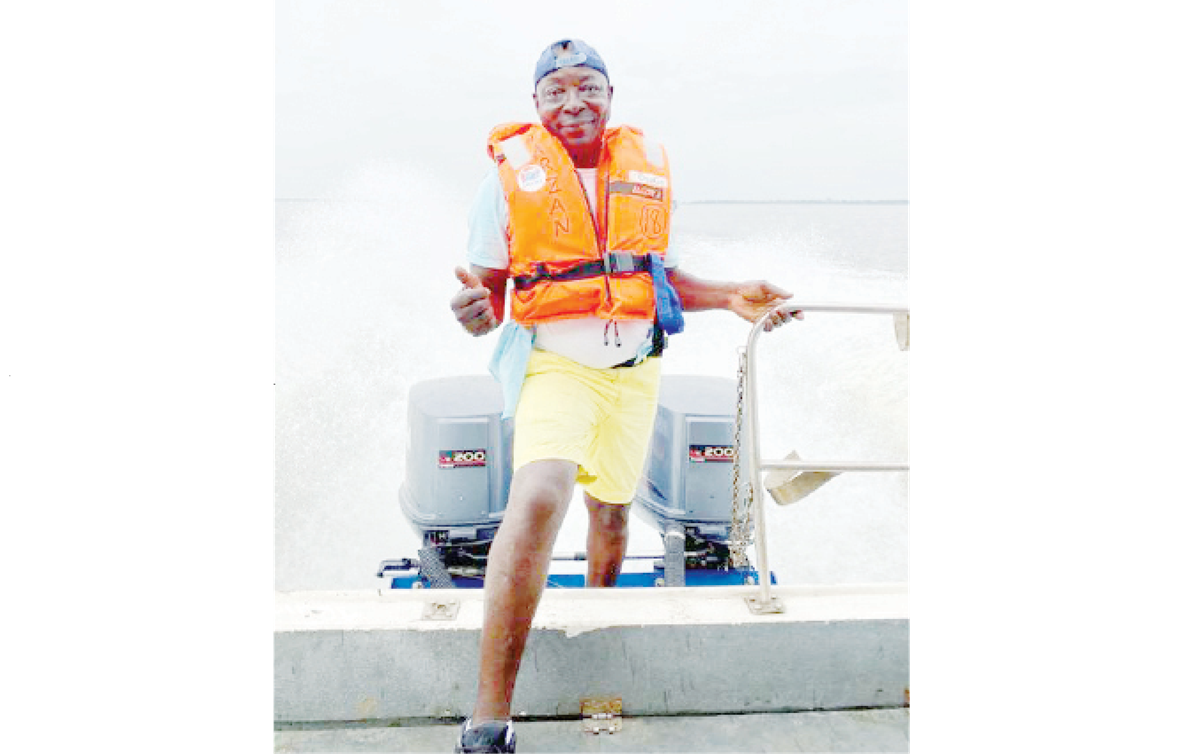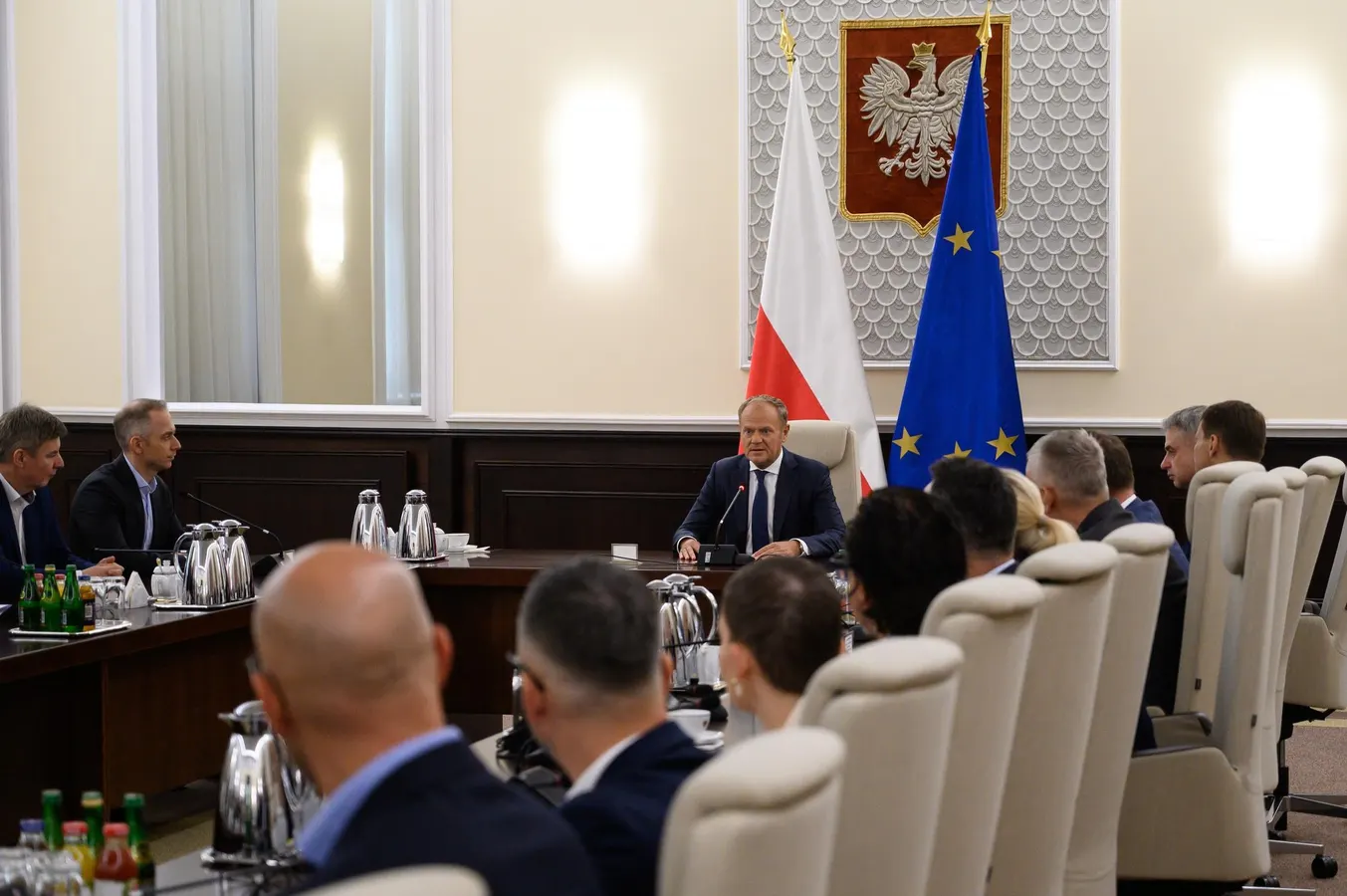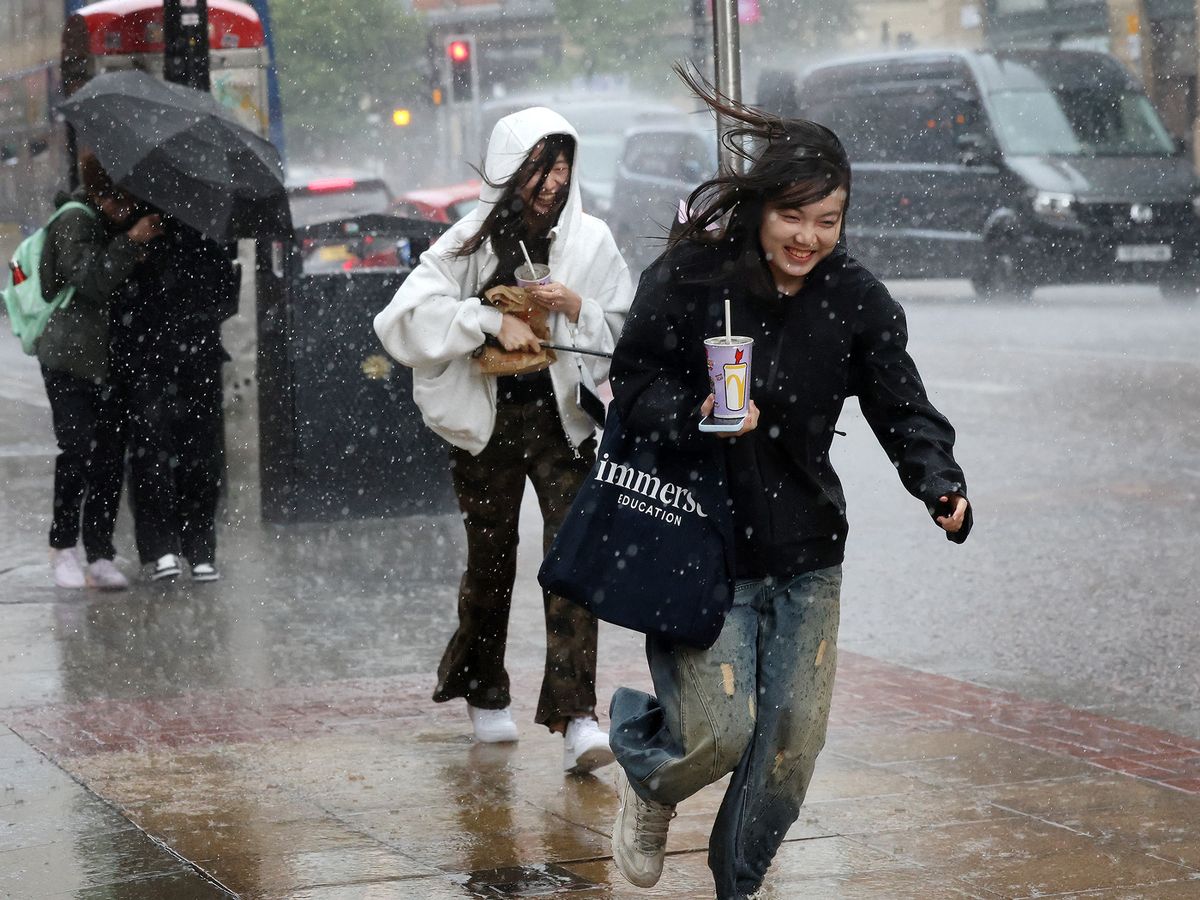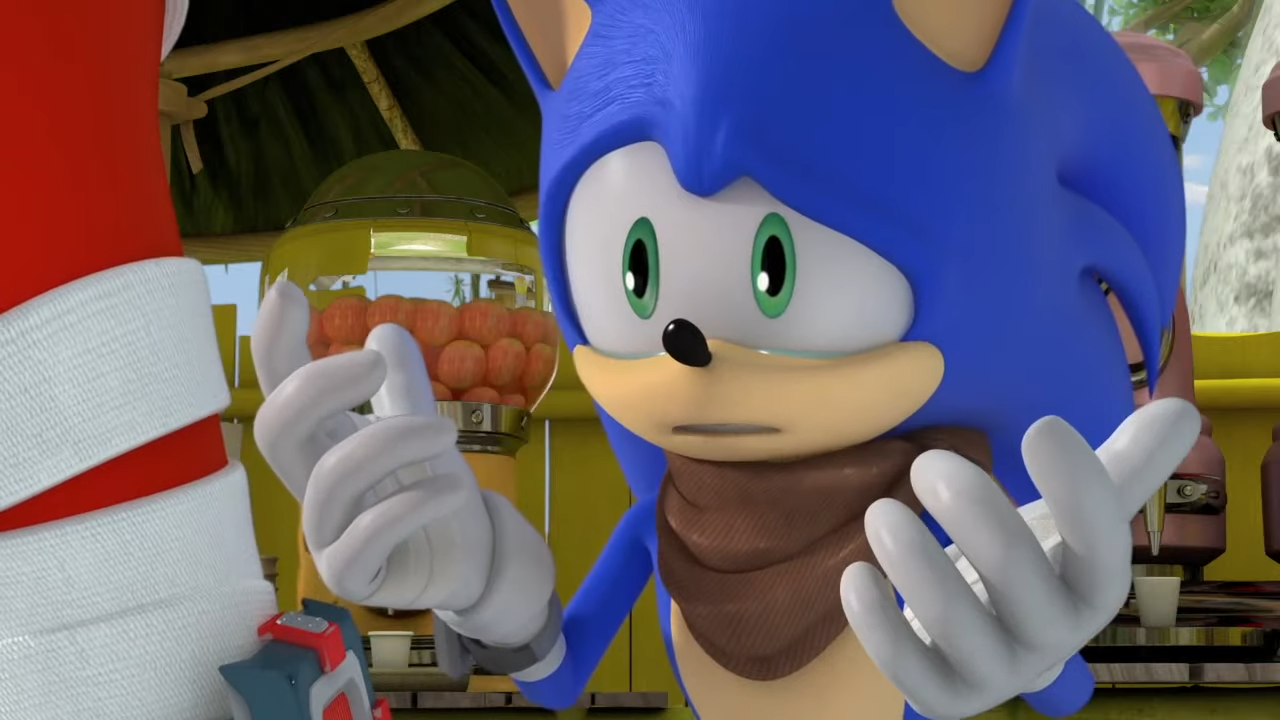By Tola Adenubi
Copyright tribuneonlineng

The National President of the Association of Tourist Boat Operators and Water Transporters of Nigeria (ATBOWATON), Alhaji Tarzan Balogun, in this interview with selected journalists talks about recurring boat mishaps in some parts of the country and proffers solutions to avert future occurence. TOLA ADENUBI brings the excerpts:
Do you think giving life jackets alone will solve the problem of boat mishaps on our waterways?
I would say no. In terms of preventing the problem of boat mishaps on our waterways, we need to channelize the waterways and remove all the wrecks. Not all boat operators can afford the GPS or what we call depth sounder; which means, if the boat is navigating on water, anything under the water can be seen from the screen, so you can divert from any obstacle in the water. Boats that have things like that are not cheap. They say the journey of 1,000 miles starts with a step, so I would say the life jacket is not enough, but it’s a major part of it. Even if a boat goes around and hits something and it sinks, people inside the boat need to float and that’s the work of the life jacket. If they are floating, another boat will come and rescue them. Sometimes, if you go to Badore Jetty, some passengers will not want to wear the life jacket. They will ask you what is your business. Are you the owner of my life? What concerns you? We tell them it’s our concern because they are boarding our boat and their lives and properties is in the hand of the boat captain. If anything goes wrong or anything happens to them, it will be taken as our fault. So if they don’t want to obey our rules of safety, they should please disembark from the boat. So, life jackets is very important, but government needs to do more.
Let us talk about ferry operation in Abeokuta. Lagos is currently the busiest ferry transportation hub in Nigeria. Can Abeokuta rise to that level?
To the level of Lagos? I don’t think Abeokuta can match-up. But if you talk about Ogun state at large, then I think they can do better. Like I said earlier, Ogun state is in the middle, Benin republic is on the right, Lagos state and Ondo state are on the left. So, you can imagine people traveling from Ogun State to Benin Republic which is very easy. From Ogun to Lagos is also very easy. If you want to travel from Ogun state to Ondo, you just have to alight at Lagos and join another ferry to Ondo. What I am just trying to say is that because of the strategic position of Ogun state, it is very possible that it can happen. But let that happen, the three states — Ogun, Lagos, Ondo and even Benin Republic have to work hand-in-hand.
What are the major challenges the Ogun state waterways face?
Well, the major challenge is that Ogun State is rocky. There are rocks in the waters, but if the government is ready to pump money into improving ferry operations in the State, then more people can be coming to Abeokuta by boat from Lagos. From Lagos to Abeokuta by water is possible, if not for the rocks. After Berger in Lagos, there’s a bridge and water around that place where they sell cows and other livestock. There’s a channel that links that place to Abeokuta. That means boats can come from Lagos to Abeokuta if the channel is dredged and the rocks are removed. There are many communities along that route, just like road and rail transport where you stop at each point. If the government is ready, it can work. I don’t see any company that can do it, if the government is not involved.
ALSO READ: Tinubu orders Fubara’s return, suspends emergency rule in Rivers
Let us shift a bit to marine tourism. Are there opportunities in Ogun State?
That’s a very good question, and I’m really happy to hear that. If you look inside my compound, you’ll see a boat there. About five or six years ago, I and my friends went to a place called Oyan Dam. We went by boat. I used to take people on boat cruises to that dam, and back. I bought some facilities from the United States such as small canopies and the likes, we had barbecues, we enjoyed ourselves and then went back home. I was even thinking of constructing a floating bar, like my barge that carry cars to Lagos those days. That is a floating bar where people can come every weekend, like a lounge floating on the water. It can take about 200 to 500 people. There’s no big storm or wind there, it is like a lake, and it’s a dam- the Oyan dam. Yes, there are crocodiles in the water. There ae places where you cannot go and swim. But if you’re just cruising, there’s no way crocodiles will attack you. The tourism potential is fantastic. We have Olumo Rock too, which a lot of people want to come and see. So people can come by water from Lagos to avoid traffic, then move to Olumo Rock from there. Boats can get to the Oyan dam directly from Lagos. What they need to do is just to open that dam, where the boat can go inside. They use to open the dam for the flow of water. So since they used to open it, that means they can open it for boats to pass. Just like in Amsterdam, when the boat cannot go and they want to move passengers or tourists, they open their dam and the boat moves.
What should be done about boat standardization and local production?
Two companies, one from South Africa and one from Australia, wanted to invest in Nigeria through me. But I told them to wait. That was during Governor Fashola era. Why did I ask them to wait? This is because our laws are not consistent. One President signs a policy today, another one cancels it tomorrow. So, it’s risky to invest heavily in a country where tomorrow is uncertain. So investing in Nigeria is good. But I think we should encourage local investors and local manufacturers. When you talk about boats, I’ve seen boats that are built in America, Australia, or built in South Africa that sank. I’m sure you have seen it on the Internet. So, it could be negligence and it could also be nature; probably because of the water or waves. We need consistency and stable regulations. If the standard for boats is defined, local builders in Lagos, Kano or anywhere in Nigeria can build it. We are also going to create employment for more citizens. Instead of importing boats and spending huge money on transporting it alone, that same cost can build four or five boats here and employ more Nigerians.



